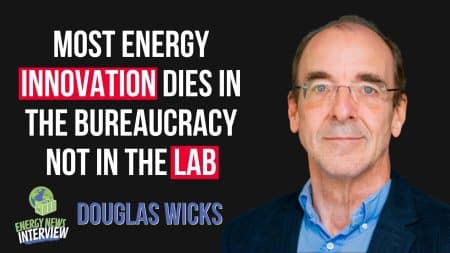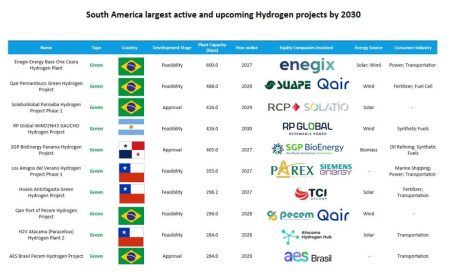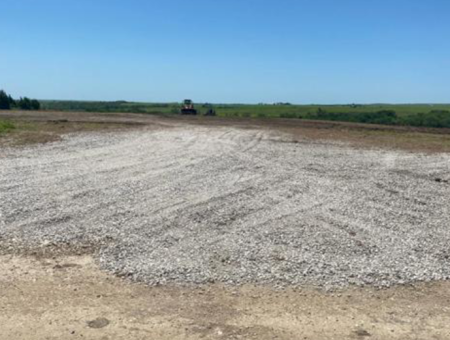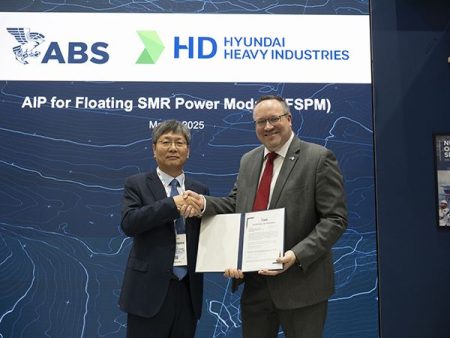In a resounding declaration of commitment to sustainability, Vale’s CEO Eduardo Bartolomeo revealed the company’s determined efforts to revolutionize its operations.
Speaking at the Exposibram congress hosted by the Brazilian Mining Institute (Ibram), Bartolomeo laid out a vision to replace diesel oil – a significant contributor to carbon emissions – in both rail and truck transport. This transformative shift underscores Vale’s dedication to curbing its environmental impact and contributing to Brazil’s ascent as a clean energy powerhouse.
Vale, one of the world’s largest mining companies, has set its sights on overhauling its transportation methods, a move that could yield substantial emissions reductions. With an annual diesel consumption of one million liters, the company recognizes the urgency of transitioning to cleaner alternatives. Bartolomeo unveiled a two-pronged strategy for this transformation: in rail transport, Vale aims to substitute diesel with green hydrogen and ammonia, while in trucks, ethanol will replace diesel fuel.
The prospect of adopting green hydrogen is particularly significant. Bartolomeo not only champions the idea of hydrogen-powered rail transport but also sees Brazil transitioning from natural gas to green hydrogen. This bold vision aligns with the broader narrative of a global shift towards clean energy sources.
Vale’s role in Brazil’s energy transition goes beyond transport innovation. The company envisions itself as a pivotal player in the broader clean energy landscape. Bartolomeo highlighted Vale’s readiness to embrace green steel production, a process with substantially lower CO2 emissions. Furthermore, the company is positioning itself as a supplier of essential metals like nickel and copper for electric vehicle batteries – a crucial component of the clean transportation revolution.
Vale’s commitment to sustainability is not mere rhetoric; it is backed by clear goals. The company aims to reduce emissions by 33% within its operations by 2030 and by 15% through its steel suppliers and customers by 2035. But perhaps the most ambitious target of all is Vale’s commitment to achieve net-zero carbon emissions by 2050. This aspiration underscores the company’s resolute determination to contribute to global climate objectives.
The transformation transcends mere corporate strategy; it has regional and national ramifications. Vale’s presence in Pará, Brazil, has spanned nearly four decades, creating around 60,000 jobs – a testament to its socio-economic impact. The company’s strategic partnership with Manara Minerals and Engine Nº 1, known as Vale Base Metals, is set to inject R$ 50 billion into nickel and copper projects over the next decade. This initiative is poised to create a ripple effect, generating employment opportunities and revenue, and bolstering Brazil’s role in the global clean energy transition.








